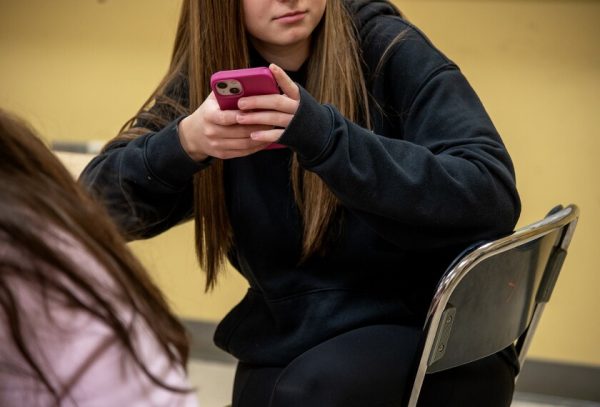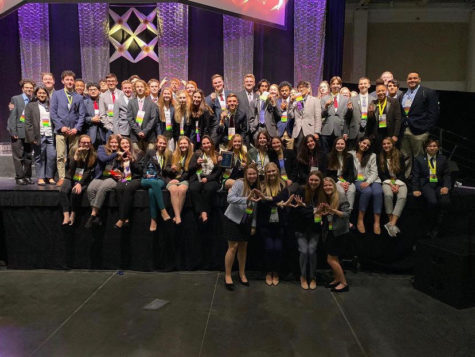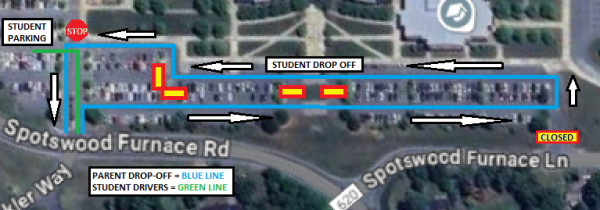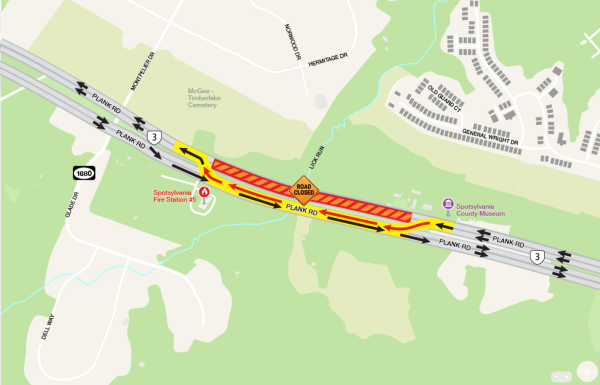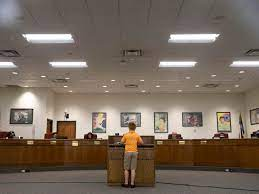Ebola Outbreak
The majority of this Ebola virus is contained in West Africa: specifically Guinea, Liberia, Nigeria, Senegal, and Sierra Leone according to the Center for Disease Control (CDC). The effects of the Ebola virus aren’t noticeable until approximately 5-9 days after exposure and are similar to symptoms of the common cold at first. The virus can lead to death if not treated within the 21 day period of contamination, according to USA Today. There is no real cure just yet, but there have been some experimental medications that have worked for some patients.
Dr. Kent Brantly was diagnosed with Ebola and arrived at the Atlanta Emory University Hospital on August 2 along with Nancy Writebol. They each became infected while working in Liberia. Brantly was given a blood transfusion from a fellow Ebola survivor and was recently asked to donate blood to help an infected journalist, Ashoka Mukpo. According to NBC, “Experts [at the Nebraska Medical Center] hope the survivor’s antibodies will kick-start Mukpo’s immune system.
Journalists covering this issue have taken drastic measures to disinfect themselves; yet, some are still contracting the virus. Daily, medical officials and journalists in West African countries go through a lengthy series of procedures in order to help the sick as well as preventing this virus from spreading to those who are not infected.
Along with the success in Brantly, there was also success in Writebol. Both were given the same medications and have since recovered. However successful Brantly’s treatment was, another American “Thomas Duncan, the first person diagnosed with Ebola in the United States, died the morning of October 8 in the Dallas hospital where he was being treated,” according to NBC news.
This is the largest epidemic in history, according to the CDC. “One in two people who get Ebola in this outbreak have died.” Riverbend student Renee Geyer, a sophomore, said, “The virus doesn’t really concern me. It is continuing to spread in places that have a lack of proper heath services unlike the United States.” “I’m not as concerned about it spreading it in America,” said Junior Noah Mason, “But I am concerned for Africa. They have enough to deal with.

